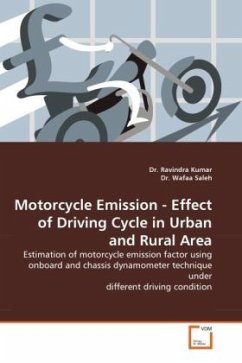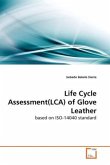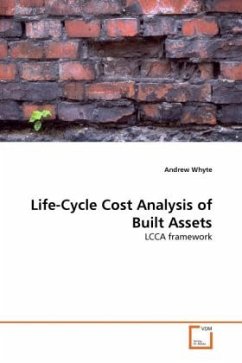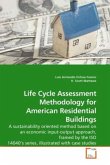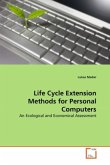The professional insight underlying this work is to provide a link between research and theory and practice documented as case studies from projects in Brazil. The Castanhão Water Resources Complex represents a successful outcome of an essentially participatory experiment with a bottom-up approach where the local communities and all stakeholders played a key role.In this text there is an emphasis on the new approach , strongly linking hydraulic engineering (hard component) and social well being (soft component) as a process . A special focus is on the relocation and resettlement operations of communities.A set of procedures and measures are developed and proposed in this work. A project cycle methodology is presented as a logical sequence of steps. Monitoring evaluation and feedback methodologies are developed applicable to Project Affected People-PAP with respect to irrigation systems performance and rural development programs aimed as viable economic options and livelihood improvement. Impoverishment, risks and reconstruction models are discussed as a conceptual frame and are instrumental in providing measures to least affect the PAP's.
Bitte wählen Sie Ihr Anliegen aus.
Rechnungen
Retourenschein anfordern
Bestellstatus
Storno



